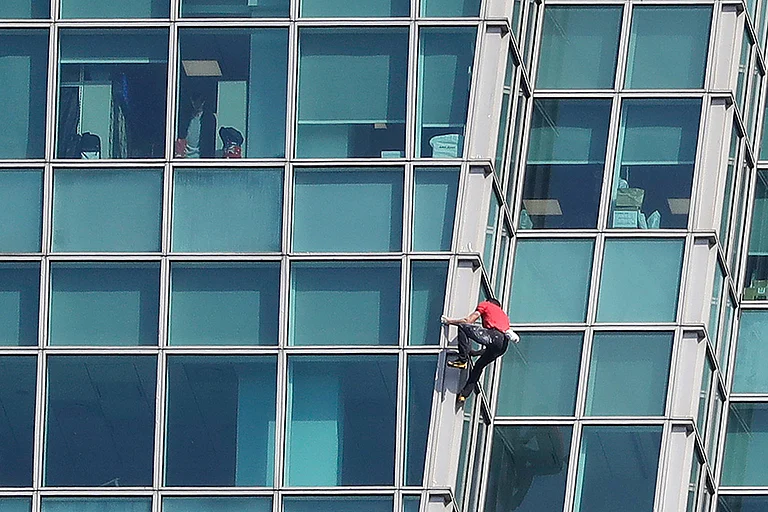TikTok, the popular social media platform, is under fire as the US House of Representatives voted on Saturday to potentially ban the app if its owner, ByteDance, fails to sever ties with China. The legislation, part of a broader foreign policy package, could become law within the week.
The move comes amidst growing concerns from US officials regarding TikTok's allegiance to Beijing, with accusations that ByteDance is subservient to the Chinese government. These allegations have been vehemently denied by the company.
The legislation, which garnered overwhelming support in the House with a vote of 360 to 58, would require ByteDance to divest its stake in TikTok within nine months, with a possible three-month extension granted during the sale process, or face a ban.
TikTok has fiercely opposed the proposed ban, arguing that it would infringe upon the free speech rights of its 170 million American users and have significant economic repercussions, affecting millions of businesses and contributing billions to the US economy annually.
ByteDance has emphasized its global ownership structure, with 60% owned by international investors, including prominent US investment firms. Additionally, the company highlights its governance, with three out of five board members being American.
Despite these assurances, concerns persist over Beijing's influence on private companies and the data they possess. US lawmakers fear potential exploitation of user data by the Chinese Communist Party.
TikTok has taken steps to address security concerns by routing US users' data through Oracle servers based in Texas since 2022. The company assures that US data will be stored securely within the country.
Democratic Congressman Raja Krishnamoorthi expressed a desire for TikTok to continue operating but stressed the importance of ensuring it is not subject to control by adversarial nations.
The Senate is expected to vote on the bill next week, with President Joe Biden indicating his intention to sign the legislation into law. However, TikTok's fate in the US remains uncertain, pending further legislative action.




























